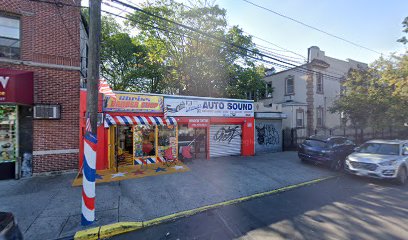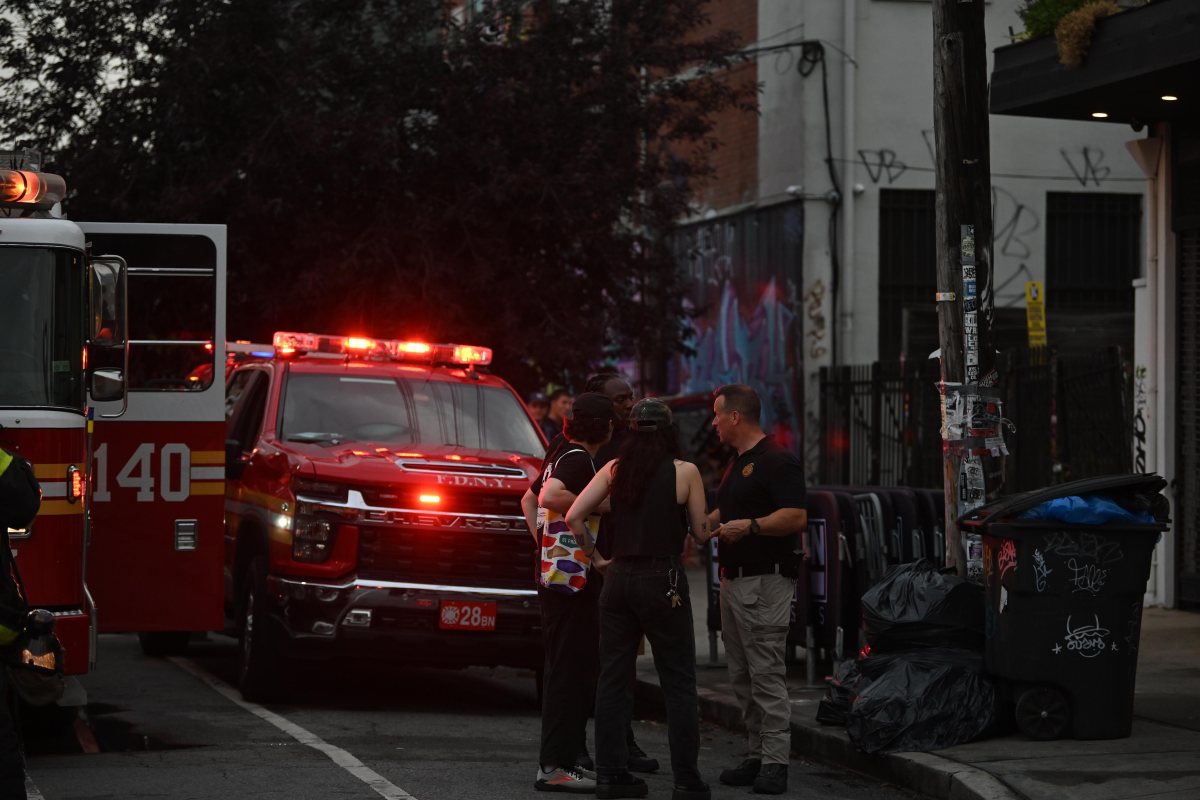Brighton Beach business owners praised recent efforts to steer high schoolers away from their stores, saying that an increased police presence has successfully deterred the truants who’ve harassed them for years.
“The police have been coming here every single school day. They’re like security guards,” said Sam, a barista at the Dunkin’ Donuts on Neptune Avenue by Brighton Third Street. “Most of the time the kids don’t even bother coming here now.”
Students have long tormented businesses along Neptune Avenue in the hours before and after school, blocking storefronts and cursing out employees, Bklyner first reported. The teenagers, who hail from schools including Abraham Lincoln High School, William E. Grady High School, and John Dewey High School, converge on Neptune Avenue several times per day, typically around 8 am and 3 pm, harassing businesses and residents, destroying property, and assaulting passersby, according to one civic leader.
“I don’t know anybody that lives in this area that will come home coming that way,” said Joann Weiss, the chair of the local community board, at a meeting on Thursday about the issue. “They will go blocks out of the way so they don’t have to come down there because they jump on cars. It’s impossible.”
The students primarily hang out in the parking lot of the Dunkin’ Donuts, where between 30 and 40 kids gather regularly, according to store’s district manager.
“They’re killing our business,” said Muhammad Rashad. “Since we opened the store, it’s the same story … At least three of four times we call the cops — every day!”
But since police upped their presence around the corridor in the past week, students have stopped flocking to the Dunkin’ Donuts and no longer harass passersby, locals said. Police aim to implement a program called “Paid Detail” that would station an officer at stores during peak hours, and plan to more firmly establish their presence on the corridor.
School leaders have also offered up solutions, such as staggering dismissal times and reaching out to repeat offenders. According to the principal of Lincoln High School — where most of the truants are enrolled — programs that engage students and give them mentors often curb misbehavior.
“We’re talking about having assemblies with the at-risk students,” Ari Hoogenboom said. “We have all kinds of programs at Lincoln … last year we had a very effective lunchtime weight-lifting class with a social worker, who was very good at working with these at-risk students.”
Hoogenboom added that meetings with local police officers had a positive effect on students, and he hoped to strengthen Lincoln’s “buddy system” that pairs students with an adult faculty or staff member of their choice.
And other civic leaders reminded locals that not all the students acted out, and those that do are often dealing with troubles at home.
“If these students are menacing people, I think something should be done, but I don’t want these young people to be criminalized,” said Ronald Stewart, the co-chair of Community Board 13’s Youth Committee during the Dec. 5 meeting. “I don’t hear anybody talking to these students to hear how they feel.”




















